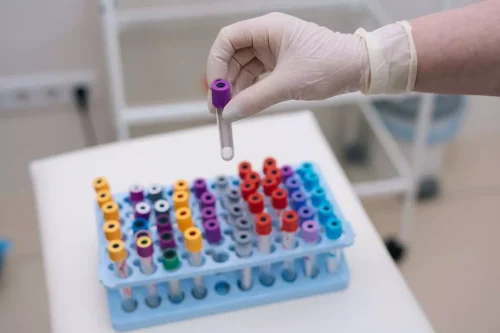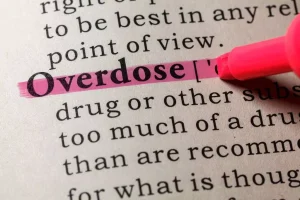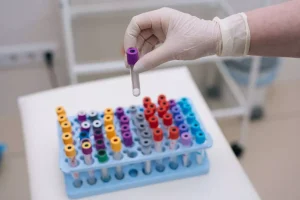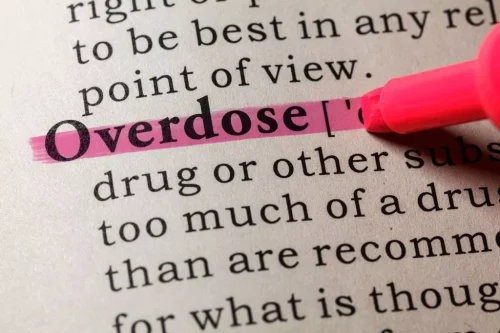
Persistent rhinitis is an ongoing (chronic) condition that usually needs regular treatment to prevent symptoms. However, over time the condition may ease and even go completely in some cases. It may be worth stopping treatment every six months or so to see if symptoms come back without the treatment. Older types such as chlorphenamine are also available, but cause drowsiness. They are not used very often because of this, but are occasionally useful for people who have distressing symptoms at night, when drowsiness might be useful. Do not drive or operate heavy machinery if you have taken a drowsiness-causing antihistamine.
How long is treatment needed for?
Thermo Fisher Scientific is not responsible or liable for the content or services of questdiagnostics.com. Thermo Fisher Scientific does not represent either Quest Diagnostics or the customer if the two enter into a transaction. Privacy and security policies of questdiagnostics.com may differ from those practiced by thermofisher.com. You are now leaving thermofisher.com, and going to ondemand.labcorp.com, owned and operated by an independent third party. Thermo Fisher Scientific is not responsible or liable for any content or services of ondemand.labcorp.com. Thermo Fisher Scientific does not represent either Labcorp OnDemand or the customer if the two enter into a transaction.
Myth: All hangovers are the same.
This means that the mucus in the sinuses becomes blocked and can be more easily infected. Nasal rinse solutions can be bought pre-prepared in bottles or sachets. Access videos and webinars delivered by key experts in the field of allergy. Get detailed information on whole allergens and allergen components.
- If someone experiences a severe allergic reaction, they should go to the emergency room immediately.
- This article is not intended to be a substitute for professional medical advice or diagnosis.
- They may also be needed if complications are suspected (for example, to check for a polyp in the nose).
- At HeyAllergy, we specialize in customized sublingual immunotherapy tailored to your specific needs.
- It’s also possible to be allergic to proteins in filling agents, such as egg or shellfish, which manufacturers sometimes use to remove fine particles from alcoholic beverages.
How to tell if you are allergic to alcohol itself
Researchers are exploring sneezing after drinking alcohol the complex relationship between alcohol and allergic reactions. Many people are familiar with common side effects of alcohol, including lowered inhibitions, euphoria (i.e., feeling “tipsy”), decreased coordination, and hangovers. However, alcohol can also have effects with which many people may not be familiar. Here are five surprising side effects of alcohol you should know about. Spirits such as vodka and gin can also cause sneezing due to the presence of histamines. In addition, some people find that the alcohol in these drinks irritates their nose, leading to sneezing.

« For some people with sensitive airways, such as asthmatics, consuming sulphites in alcohol may cause wheezing, » she explains. « Alcohol may in some people aggregate skin conditions like urticaria (hives), » says Nurse Shaw. The commonly used treatment options for allergic rhinitis are avoiding the cause of the allergy, antihistamine nasal sprays, antihistamine tablets and steroid nasal sprays.

- You are now leaving thermofisher.com and going to a site owned and operated by an independent third party.
- Book an appointment with HeyAllergy to start your journey towards a better understanding and management of your allergies.
- This is why people who drink alcohol at bedtime (especially in excess) may fall asleep quickly, but they are also more likely to experience fatigue and insomnia in the long run.
- As a result, their bodies produce inactive ALDH enzymes that are unable to properly break down the alcohol into acetic vinegar.
Book an appointment with HeyAllergy to start your journey towards a better understanding and management of your allergies. With our telemedicine services, you can get the care you need, when you need it, without the hassle of visiting a clinic. Finally, acetate is further broken down into water and carbon dioxide and, voila! At the very least, you should limit alcohol as much as possible, especially if it’s making you unwell.
Sometimes it’s an alcohol allergy, not alcohol intolerance
Shaw says symptoms may affect the skin, breathing and circulatory system. « They may also be accompanied by a red rash, swelling to the eyes, lips, face, breathing difficulties, stomach upset, feeling dizzy or faint due to low blood pressure, » she adds. « Allergic conditions may be genetic but, can happen in people with no family history too. »
Alcohol allergy vs. alcohol intolerance
You are now leaving thermofisher.com, and going to cvs.com/minuteclinic, owned and operated by an independent third party. Thermo Fisher Scientific is not responsible or liable for the content or services of cvs.com/minuteclinic. Thermo Fisher Scientific does not represent either MinuteClinic at CVS or the customer if the two enter into a transaction. Privacy and security policies of cvs.com/minuteclinic may differ from those practiced by thermofisher.com. We encourage you to review the policies and terms of all websites you may choose to visit. You are now leaving thermofisher.com and going to questdiagnostics.com owned and operated by an independent third party.

Tools for Understanding Allergies
As it turns out, understanding your alcohol-induced stuffy nose starts with understanding how your body processes alcohol — or tries to, anyway. Alcohol and other fermented products also contain histamine. It is best for people who have gluten intolerance to avoid beer, unless it is gluten-free. Instead, they state that the data indicate that alcohol interacts with a component involving the body’s allergic response.

Am I allergic to sulfites in alcohol?
Symptoms often appear shortly after consuming alcohol and may require immediate medical attention, especially if severe. Very rarely, a person may have a “true” alcohol allergy, meaning they are allergic to the ethanol in alcohol. In people with true alcohol allergy, as little as 1 milliliter (mL) of pure alcohol can trigger an allergic reaction. This amount of alcohol is the equivalent of a mouthful of beer.

